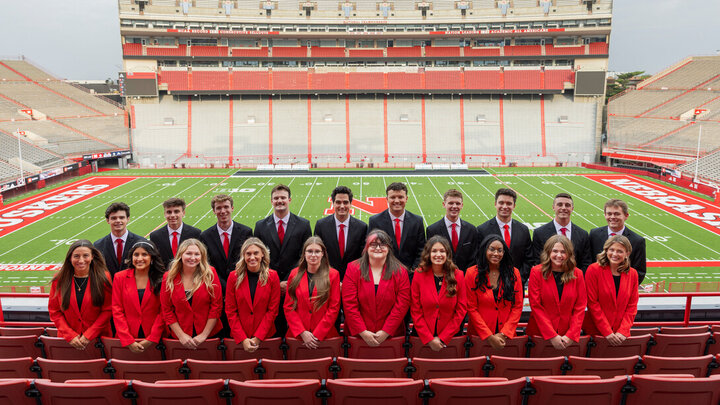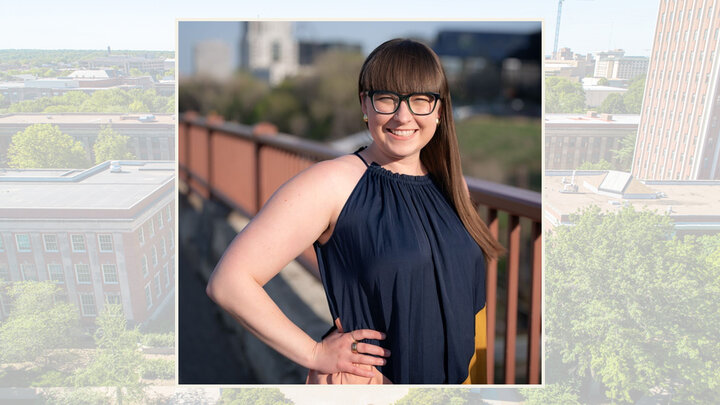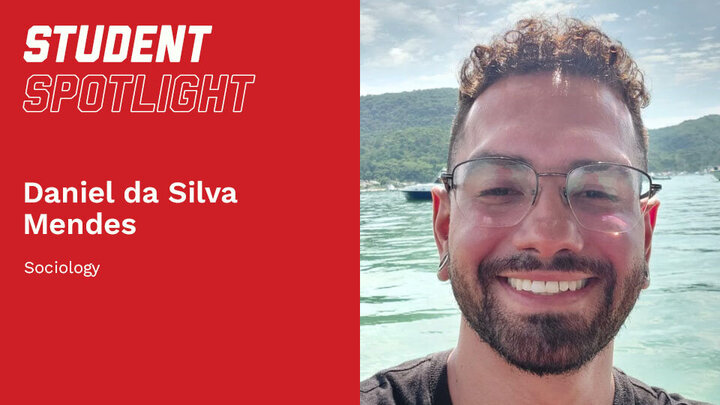The National Science Foundation awarded a grant of $324,228 to University of Nebraska–Lincoln for the project "Religious Exemption Laws and Minority Rights" under the direction of Emily Kazyak, associate professor of sociology and women's and gender studies, and Kelsy Burke, assistant professor of sociology and women's and gender studies.
Their previous article on the topic, "Logics of Freedom: Debating Religious Freedom Laws and Gay and Lesbian Rights," was one of the top 25 most downloaded articles published by the American Sociological Association.
Public debates over the civil rights of minorities have evoked questions about whether individuals may be exempt from adhering to nondiscrimination laws based on the claim that to adhere would violate their religious beliefs. This project will study the laws related to religious exemption and Americans' reactions to religious exemption laws related to minority rights.
The project will address:
- How and when do state and case laws related to religious exemption implicate minorities?
- How do individuals evaluate religious exemption claims as they relate to minorities?
- To what extent does the language of state and case laws overlap or diverge with individual interpretations?
The project will advance scientific understanding about the relationship between public opinion and state and federal laws. It will benefit society by generating empirical knowledge that can inform legislation and policies related to minority rights and religious exemption, thus contributing to health and well-being of individuals and our democracy in the United States.
The issue of whether individuals may be exempt from adhering to nondiscrimination laws owing to religious beliefs is a complex question involving legal institutions as well as individual beliefs. This project addresses this issue with a mixed-methods study that uses quantitative and qualitative analysis of legal data and qualitative analysis of in-depth interviews to understand processes of cultural interpretations at both the institutional and individual level.
Phases:
- The project will create and analyze an original database of all U.S. court cases and state laws related to religious exemption over a 21-year period.
- The project will conduct and analyze in-depth interviews with 180 participants in four U.S. cities.
- The project will compare legal initiatives with interview data. Findings from the project will inform the literature in cultural sociology, the sociology of religion and the sociology of law, with focus on the intersection of cultural schemas and legal institutions surrounding religious exemption and minority rights.




